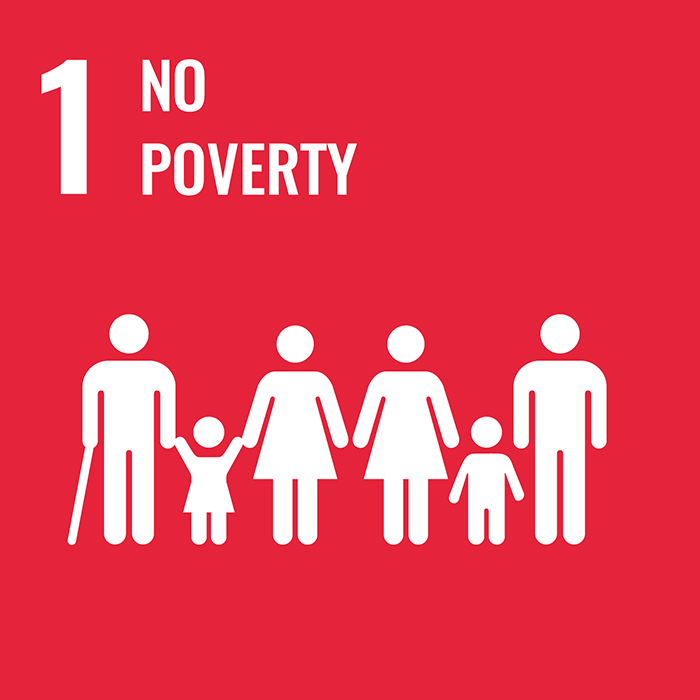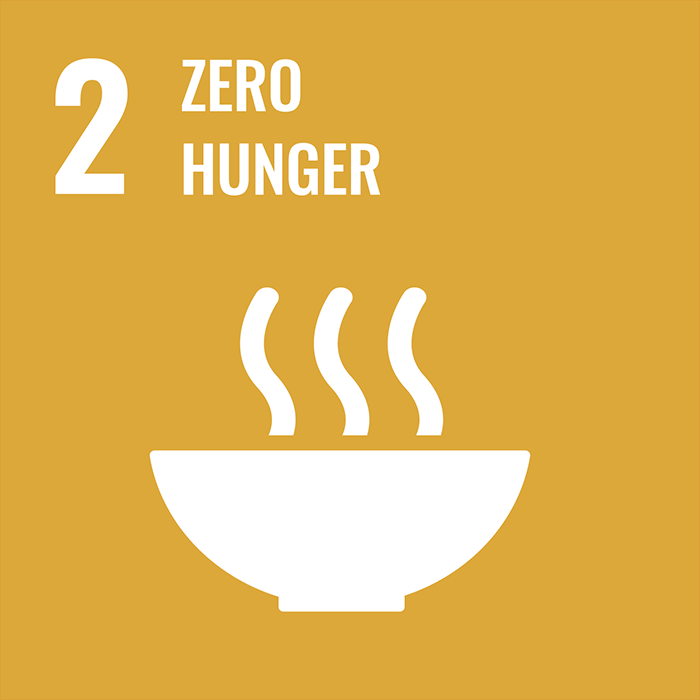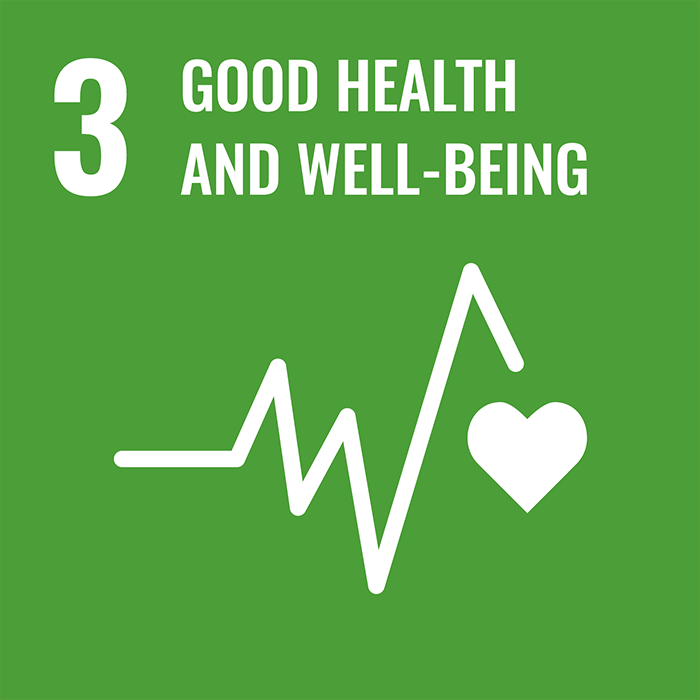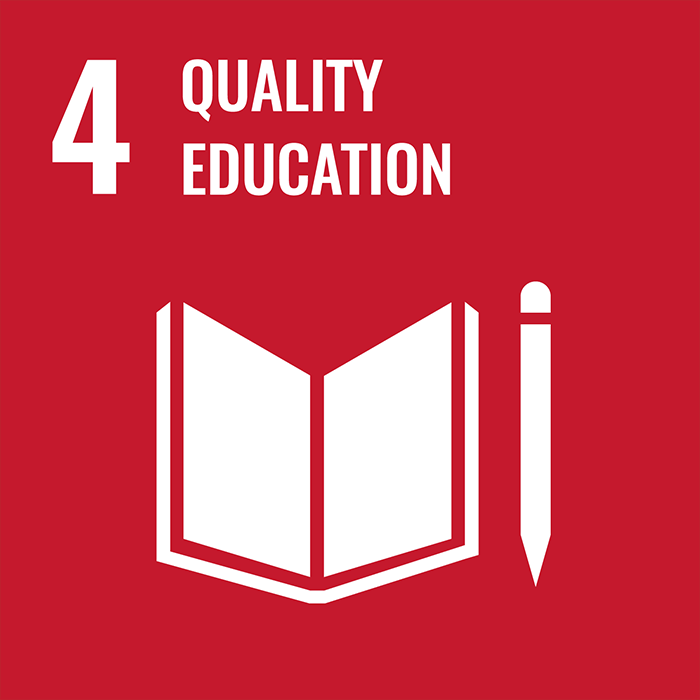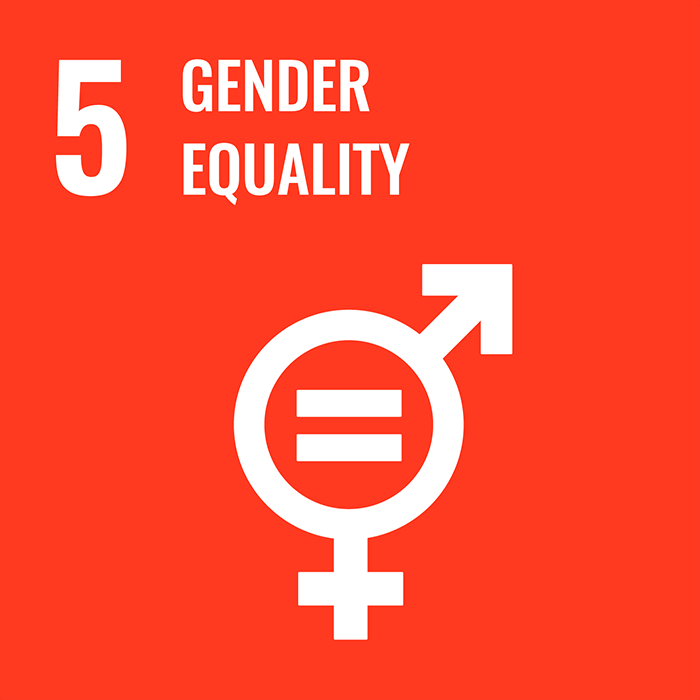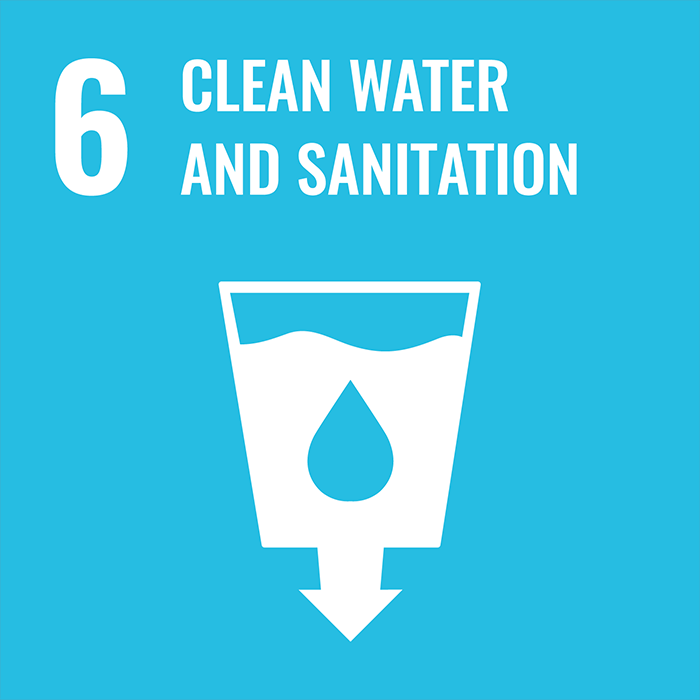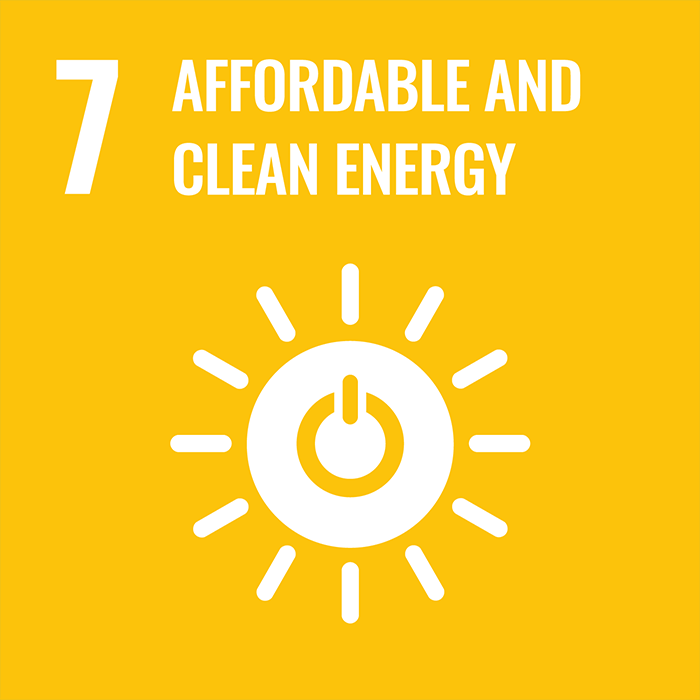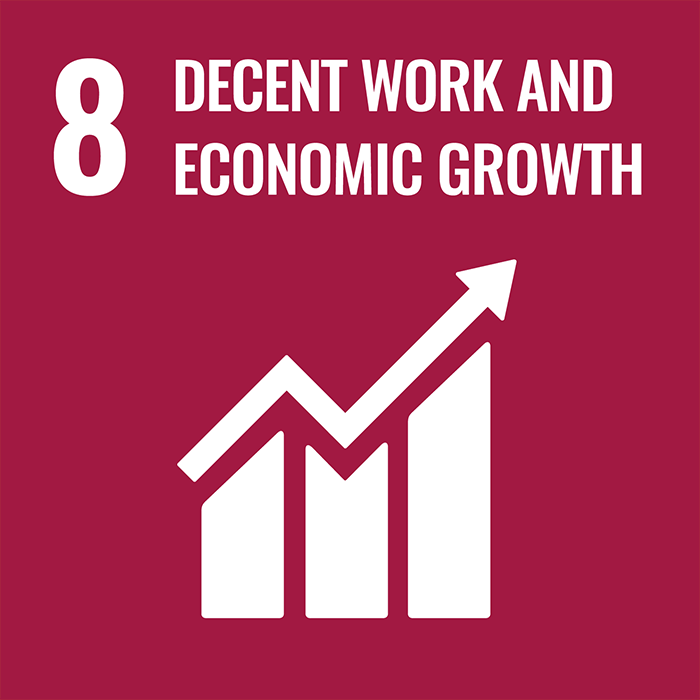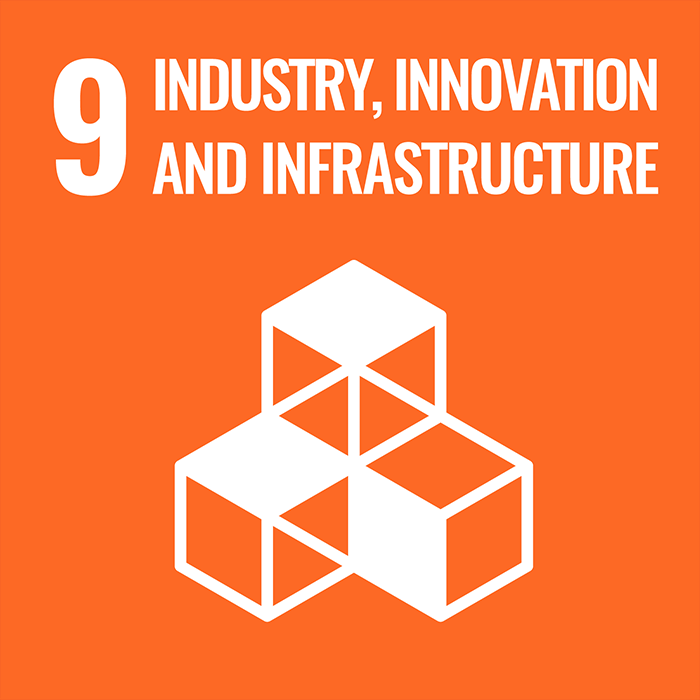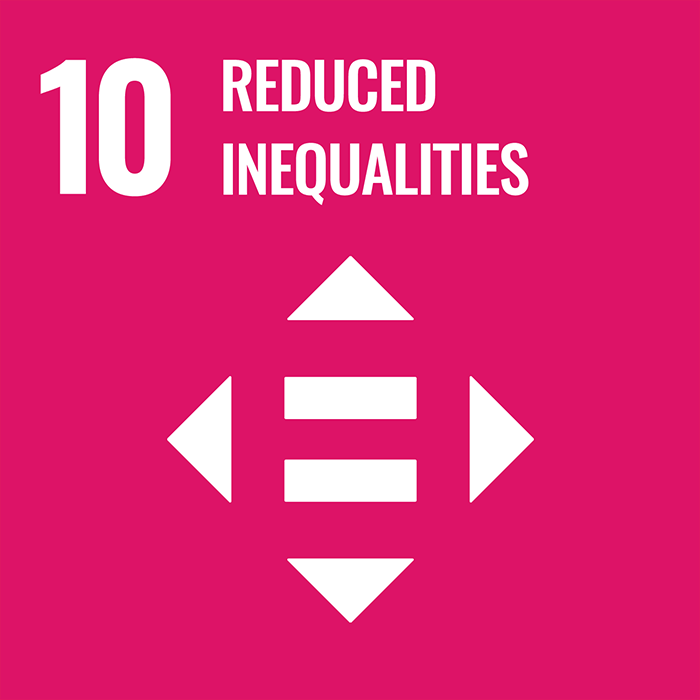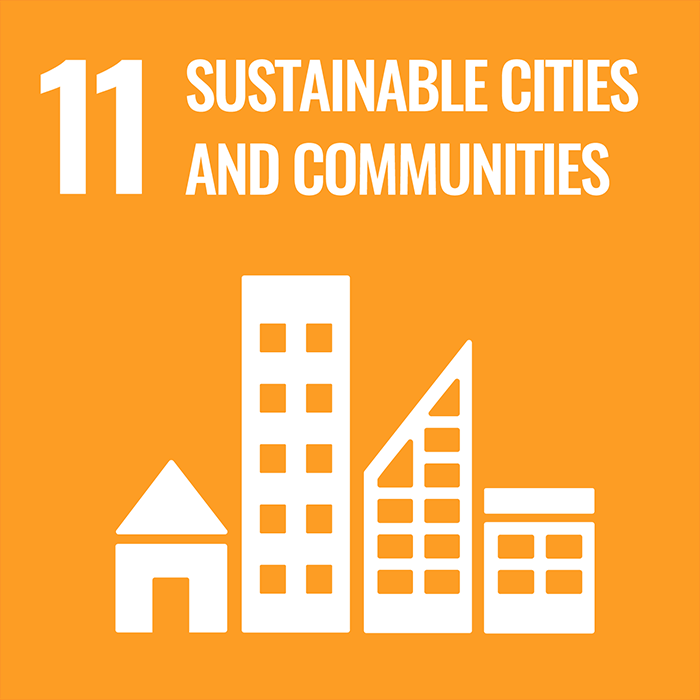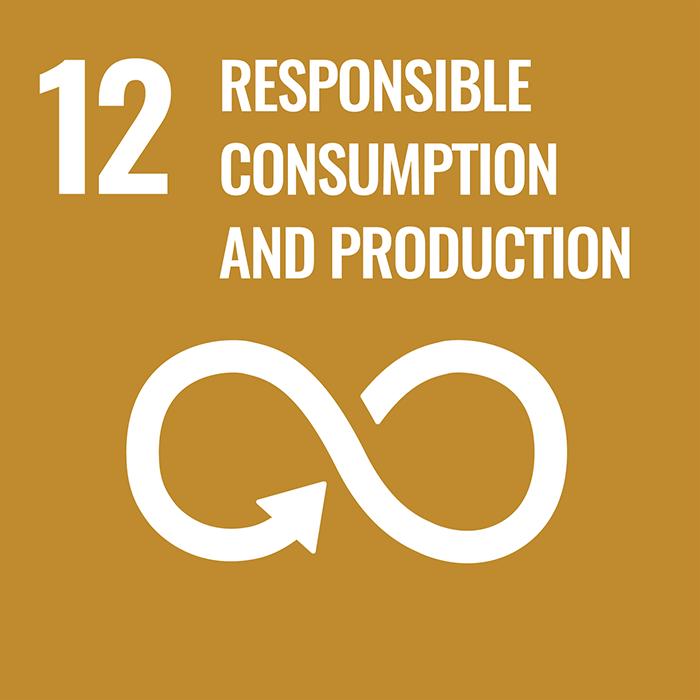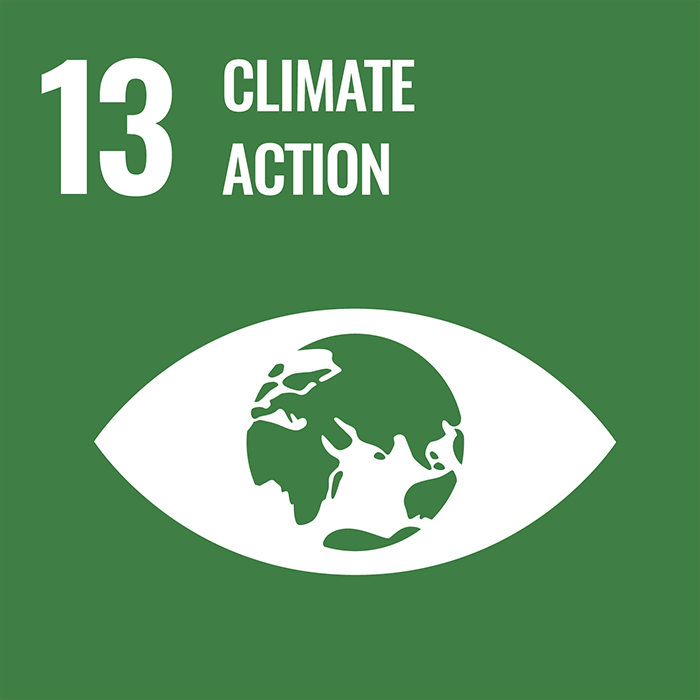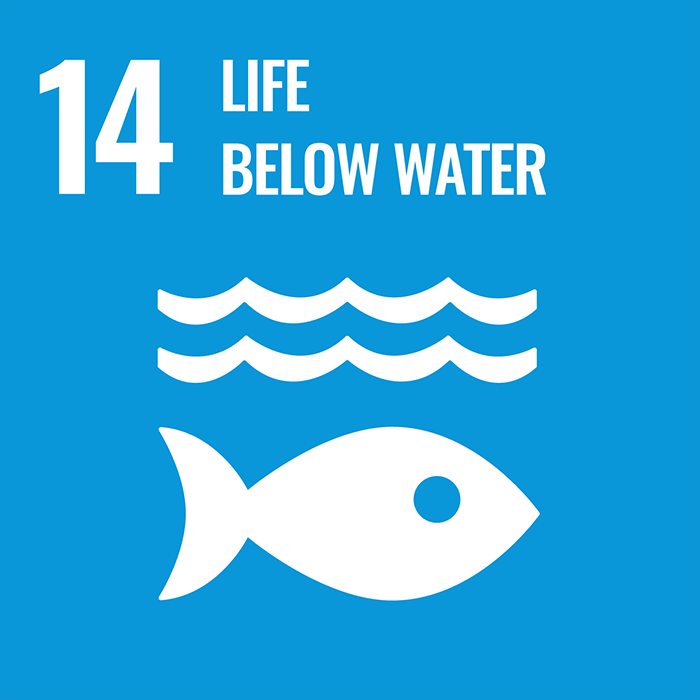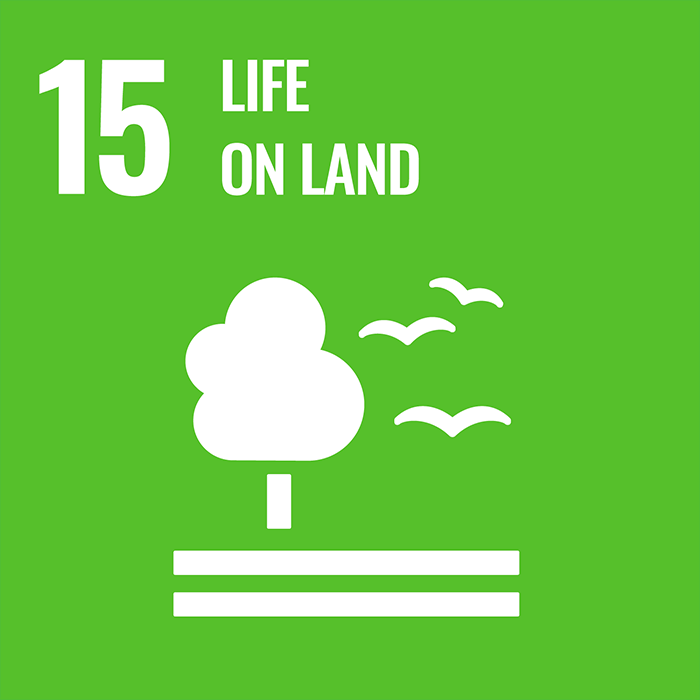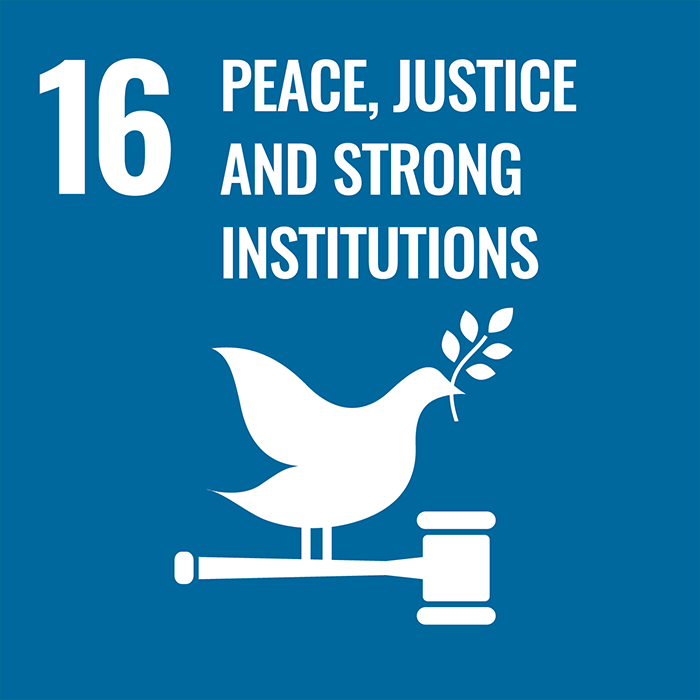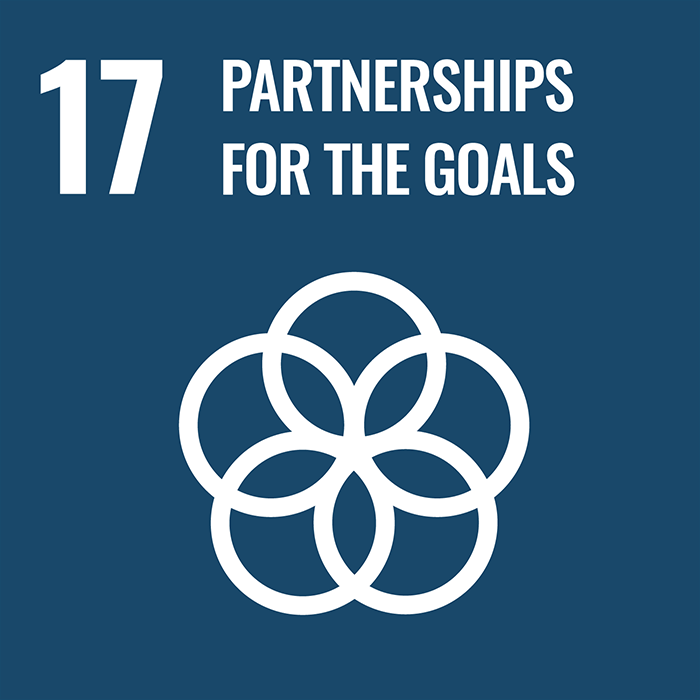Progress towards UN SDG 2: Zero hunger
End hunger, achieve food security and improved nutrition and promote sustainable agriculture
Our research

The Scottish Alliance for Food (SCAF) launched in August 2023 and brings together different perspectives from arts & humanities together with social, natural, formal & applied sciences to understand and address the complexity of food systems, helping bridge the gap between food producers, scientists and consumers.
The alliance promotes an environment of collaboration and shared responsibility to formulate and tackle critical emerging research questions linked to how to build a better food future for all, addressing the combined imperatives of improving health, sustainability and equity. Developing greater visibility of the food research and innovation capacity in Scotland is vital. SCAF showcases best practices, know-how and expertise, capitalising on the shift to Scotland becoming a Good Food Nation and emerging funding opportunities in that space, within and beyond Scotland. SCAF’s latest annual event, ‘Connecting People, Ideas and Disciplines for a Better Food Future,’ took place in the University’s Advanced Research Centre in September 2025.
Researchers, local government and food organisations are coming together to tackle poor diet and ill health in some of the most deprived areas in Glasgow.
Learning & teaching

Our Food Security postgraduate programme offers a comprehensive education in food security, delivered by experts in diverse fields. It covers key topics such as demographic, social and economic issues, the challenges of sustainable agriculture and the factors influencing food production from both crops and animals. Accredited by the Royal Society of Biology, it helps fulfil the academic requirements for Membership and Chartered Biologist status. Students gain hands-on experience through guest lectures, site visits and practical laboratory work in molecular biology and genetic modification. The programme also emphasises technology transfer, commercialisation and investigative project work, fostering critical thinking and the ability to integrate information from various sources.
Find out more
University operations

The University of Glasgow remains committed to bettering its sustainable practices within its catering services. Our food waste policy was developed so we can demonstrate our commitment and hold ourselves accountable for our role within the community and the environment.
Over the last year we have made significant progress towards becoming a more conscious caterer. This has included changes to our supply chain, updating our procurement policies and processes, creating an annual Sustainable Catering Review and working towards the following sustainable accreditations to help raise better awareness on campus.
Earlier this year we were delighted to announce that we now hold a Bronze Food For Life Certification and a 3-Star Food Made Good Award. We are the only university in Scotland to hold both these accreditations.
Find out more
Civic engagement

Researchers, local government and food organisations are coming together to tackle poor diet and ill health in some of the most deprived areas in Glasgow.
A new research project, funded with more than £1m by UK Research & Innovation, aims to better understand the reasons for dietary and health inequalities in low-income areas of Glasgow. The project will also evaluate the impact of the establishment of new, locally run food markets to help support healthful diets through better access to healthier produce.
The three-year partnership is led by Dr Ada Garcia at the University of Glasgow, and includes experts from The Glasgow School of Art and the Glasgow Centre for Population Health, alongside a wider team including Glasgow City Council, Glasgow Food Policy Partnership and Glasgow Community Food Network.
To tackle these issues in low-income areas of Glasgow, the research partnership will begin by working with three communities in the city to better understand healthier food access needs. The team will look at a range of potential factors, including local availability of fresh produce, alongside the reasons driving food purchase behaviours and diet inequalities.
Using their initial findings as a foundation and with support from the experiences of a pilot market, the partnership will then work with two communities to create locally community-run weekend food markets, with emphasis on access to culturally appropriate and affordable produce, alongside practical and useable dietary and cooking advice and art activities to promote community engagement.
Finally, the team will assess the impact of the weekend food markets, at both a household and community level, to determine whether this approach could be used in other low-income areas to help improve access to food, diet and wellbeing.



